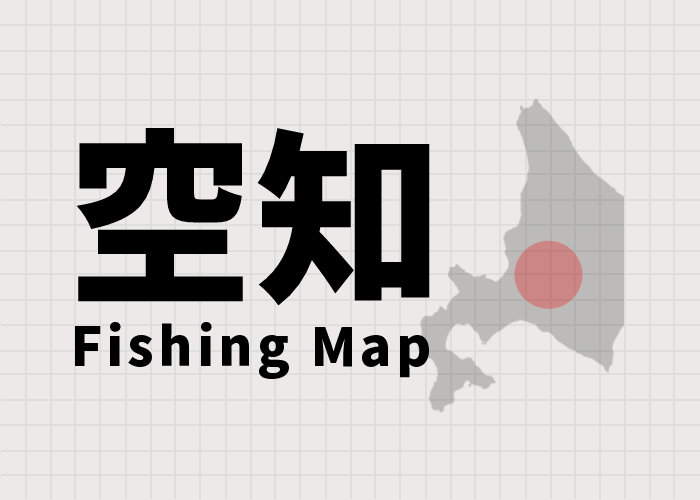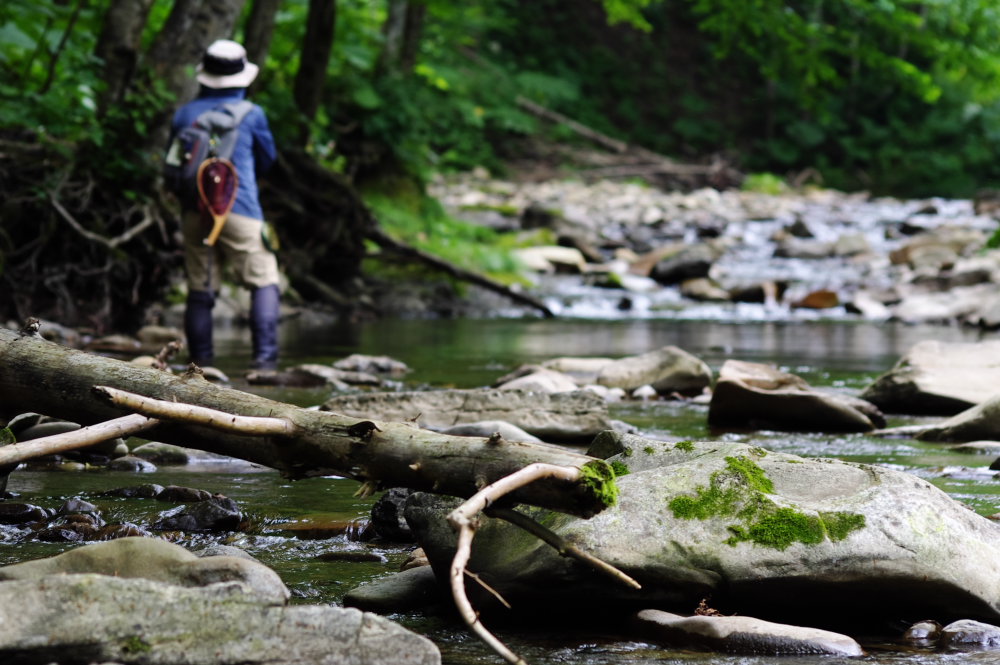I have been fishing in Hokkaido for over 10 years.
I hope this post will be a good guide for those who come to Hokkaido from other countries and states to fish.
There is also an official guide published by the Hokkaido government, but it is in Japanese only. Fishing Rules And Manners In Hokkaido
I will also be your fishing guide during your stay in Hokkaido. Click on the link below to learn more. Fishing Guides in Central Hokkaido, Sapporo and its suburbs
Want to know which river is best for trout fishing? This map will certainly help you. Central Hokkaido Fishing Map “Sorachi” English Edition
You don’t need any license
You don’t need a licence or permit to fish in Hokkaido’s rivers.
But you have to follow some rules. These are the following 3 things.
- You can’t fish salmon in rivers
- There are some prohibited rivers
- You can’t fish Yamame in spring
Let’s have a closer look at each of these conditions.
You can’t fish salmon in rivers
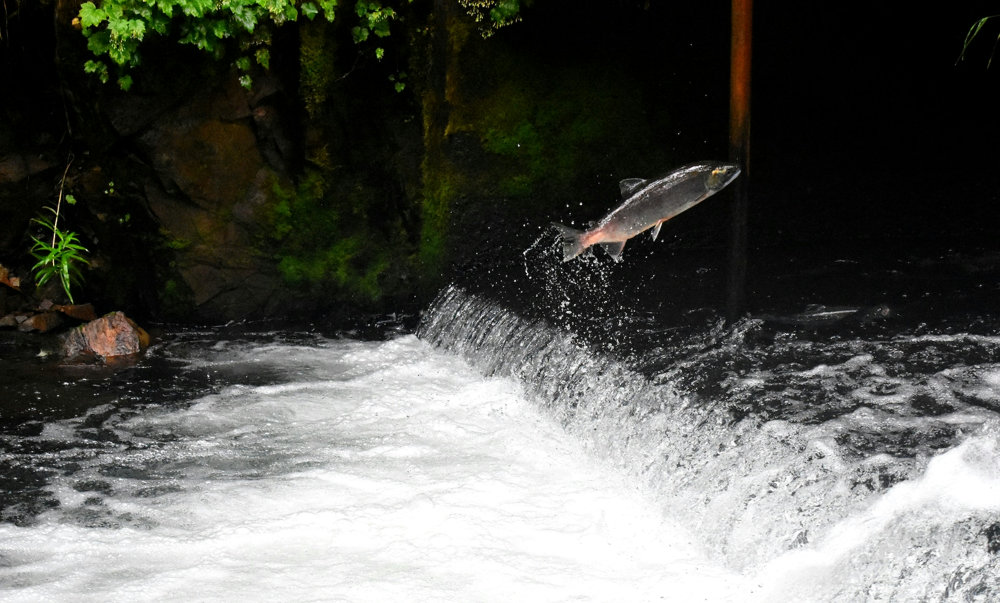
You can’t catch any kind of salmon in rivers.
But you can catch trout like rainbow trout, brown trout, char ( called Iwana in Japanese ).
It is a little difficult to judge which is salmon or trout. There is an easy way to find out. From September, you will see many big fish coming up in the rivers. These are salmon that cannot be caught.
So you should pay attention to salmon in the fall. In the worst case you will be arrested by the local police.
There are some prohibited rivers
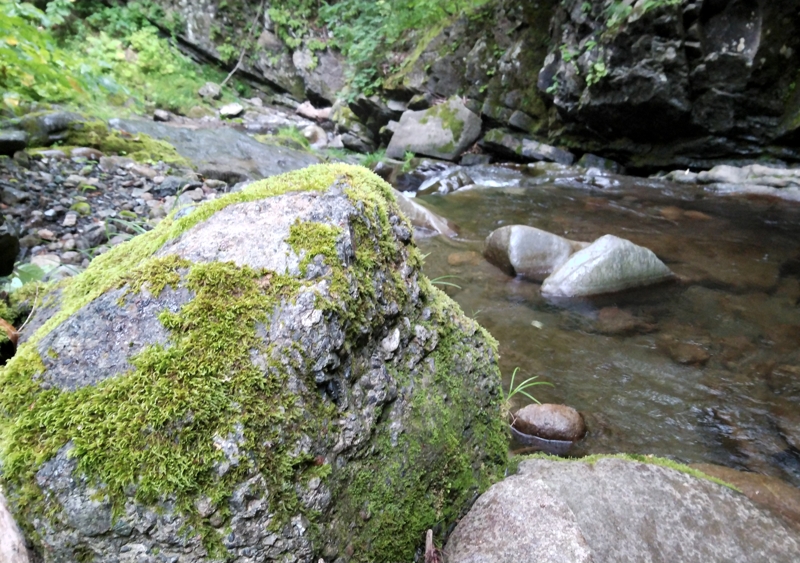
There are some rivers where fishing is completely prohibited.
For more details, check the official map published by the Hokkaido government. Rivers with red color have some prohibition or regulation.
Be careful, you can’t fish not only in the main stream but also in all branches.
You can’t fish Yamame in Spring
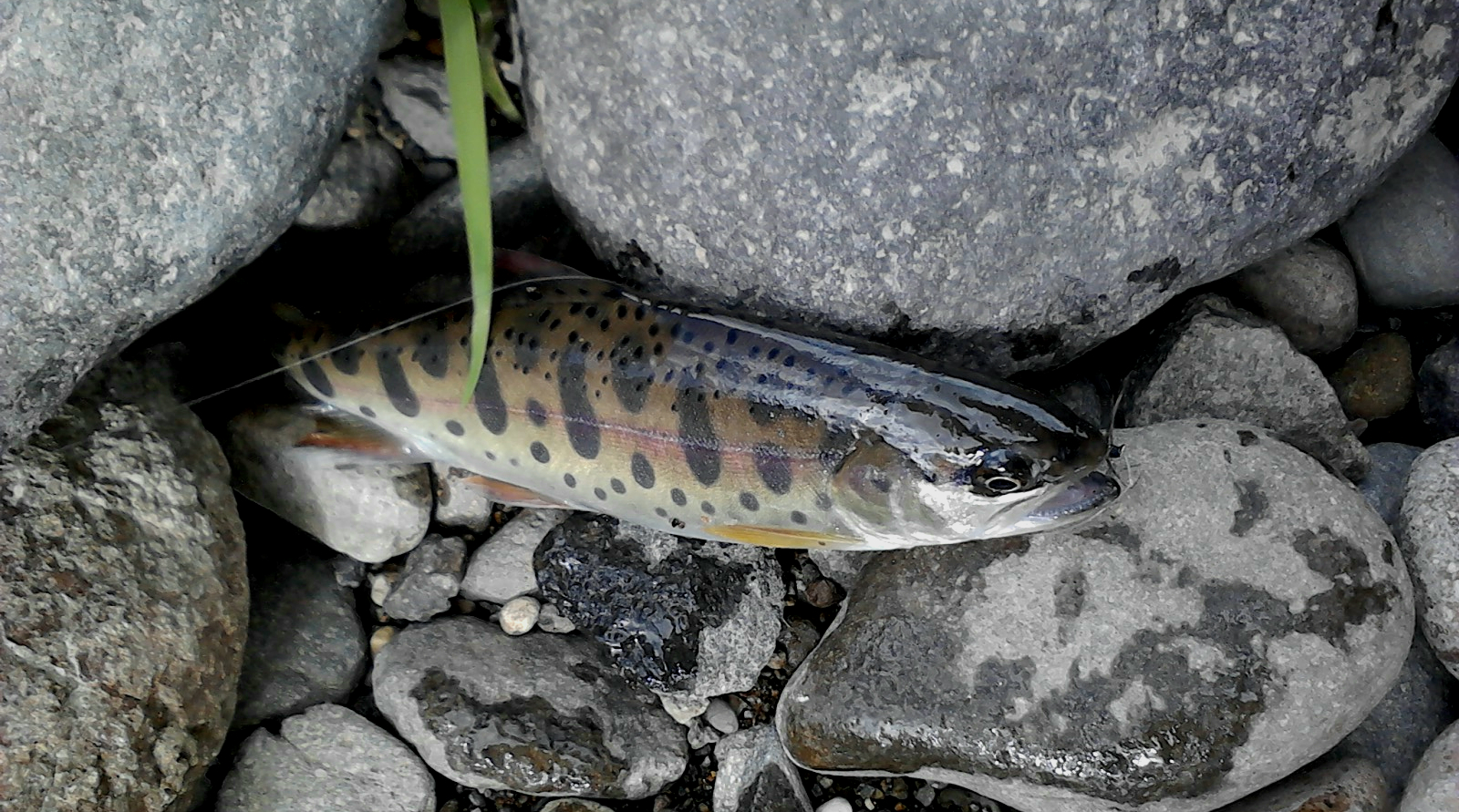
This spotted fish is Yamame. It is a young cherry salmon. You can’t catch it in spring.
- In western Hokkaido, including the Sapporo area, April and May.
- In eastern Hokkaido, including Obihiro and Kushiro, May and June.
This is not a strong law, but a regulation you must follow. All you have to do is release it as soon as possible if you accidentally catch yamame in spring. That’s fine. Don’t be so serious.
Other things you may concern
Now that you’ve learned how to fish in Hokkaido, here are some other things you should know before you go fishing.
Does catch-and-release violate the law?
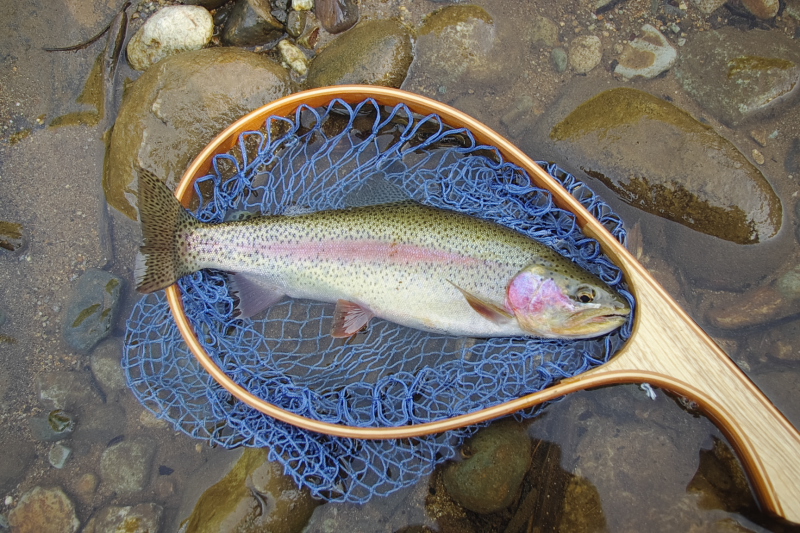
The answer to this question can only be left to each individual.
There is no written law on this subject. But as far as I know, most young and middle-aged anglers in Hokkaido do catch-and-release. I believe it will protect the trout from extinction. I recommend you to do it.
Of course, you can’t fish in prohibited rivers and in prohibited seasons even if you do catch-and-release as I mentioned above.
Do we come across bears?
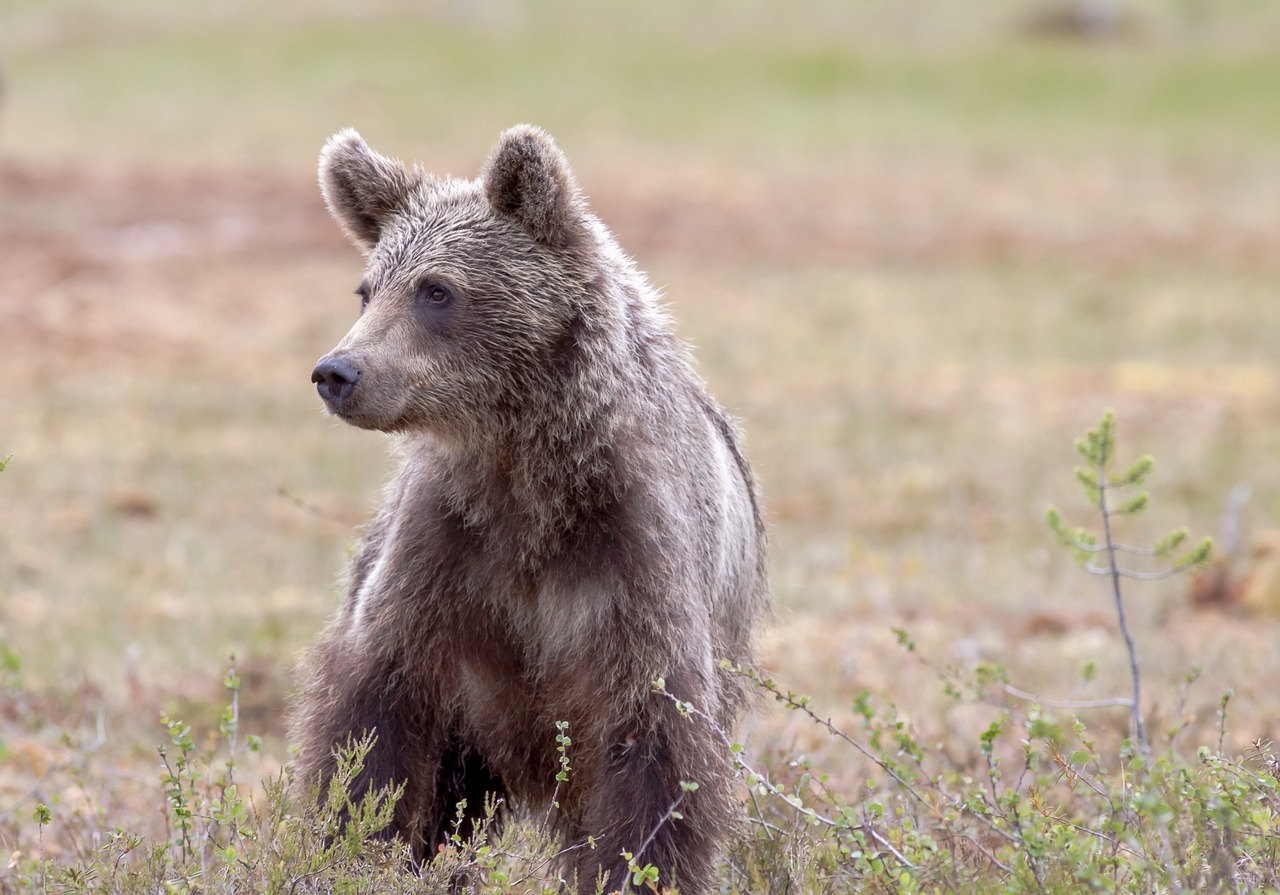
I have only seen a brown bear once while fishing. I saw a brown bear and its cubs about 50 meters away while climbing a mountain.
It is said that there will be about 10,000 wild bears in Hokkaido as of 2023. The number itself looks huge, but the possibility of meeting bears in rivers is still very low. However, we should bring bear spray in case of an accidental encounter.
Before entering the river, it’s better to watch the local news on TV. The bear incidents are often reported in the media.
There is also information from local towns and villages on the web. Written in Japanese only, sorry.
Information on brown bears [Links to information on brown bears in municipalities].
Summary: Enjoy fishing in Hokkaido
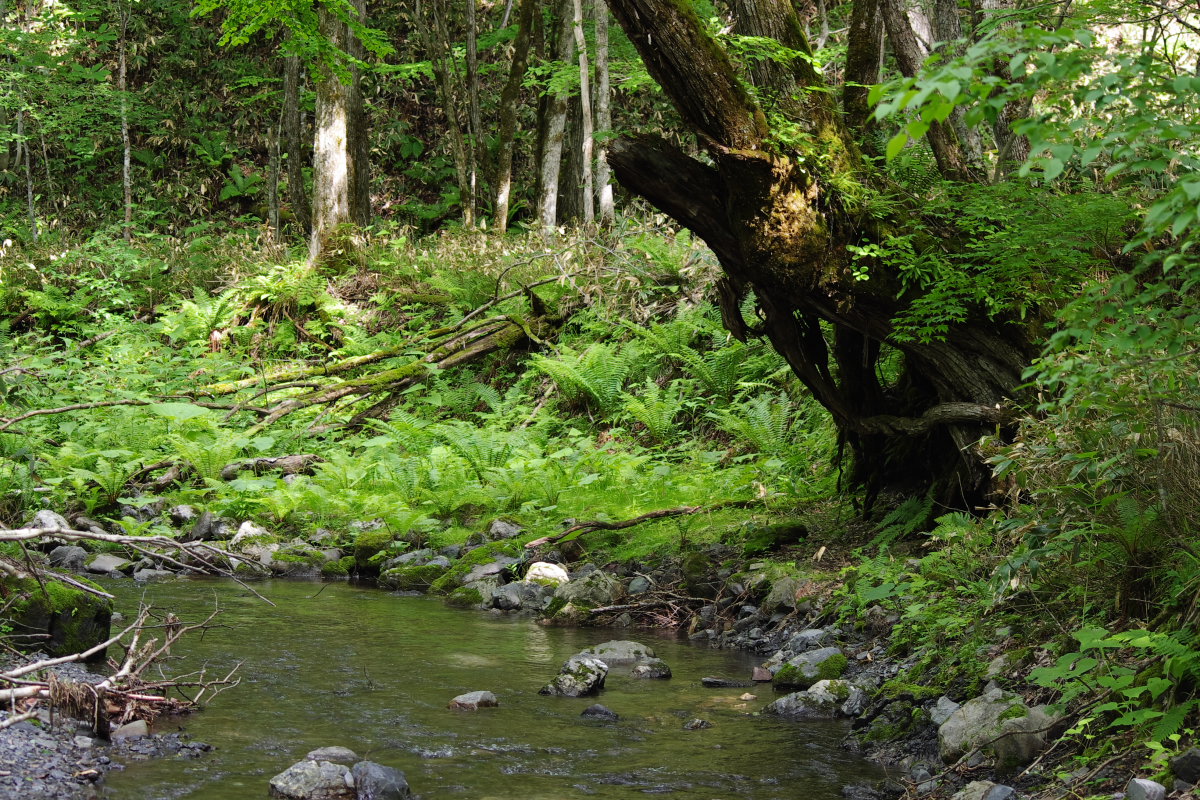
So, I have briefly mentioned the regulations and some things that are important for fishing in Hokkaido.
Let’s enjoy fishing in Hokkaido by keeping the rules and good manners!
I guess you still have concerns about fishing in Hokkaido. If you want more information and a guide, I can provide it at low prices.
Click on these links to learn more!
(articles coming soon)
